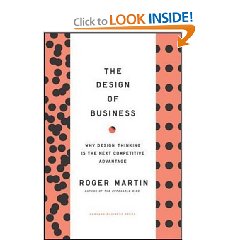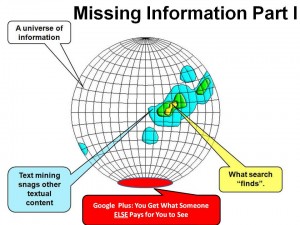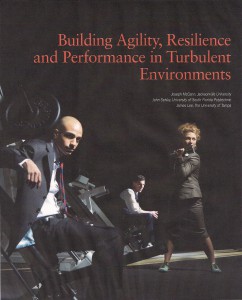
Phi Beta Iota: This article came out in early September 2009.

Heart of a Soldier tells the story of two men who, well before it happened, foretold not only of the terrorist attack of 9/11 but also the 1993 bombing in the World Trade Center parking garage that preceded it.
It was Hill who converted to Islam as a young U.S. Army paratrooper stationed in Beirut in 1958. It was Hill who learned fluent Arabic. It was Hill who joined the Mujahedeen Freedom Fighters in Afghanistan and fought the Soviet invasion there in the 1980s. It was Hill who personally met Osama bin Laden. It was Hill who used information from Islamic extremists to warn Rescorla that terrorists would use the underground parking garage for a car bomb attack on the World Trade Center. It was Hill who asked the U.S. government to assist him in an assassination attempt on bin Laden in 1998 (the request was rejected). And it was Hill who warned the FBI just weeks before Sept. 11, 2001, that his Mideast contacts told him “something big” was about to happen in the United States, in New York, Washington, D.C., or Philadelphia — maybe all three.
He didn't want to talk about the past. He wanted to talk about the future. The very near future.
The man who predicted 9/11 is worried that its sequel is imminent. “Muslims that I talk to say things like, ‘America thinks they're safe now. They've forgotten about 9/11. But watch, Daniel. Stay near your TV. It's going to be bigger than 9/11,' ” he said.







